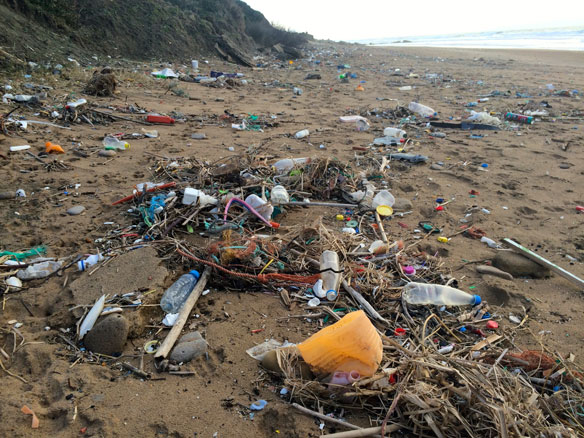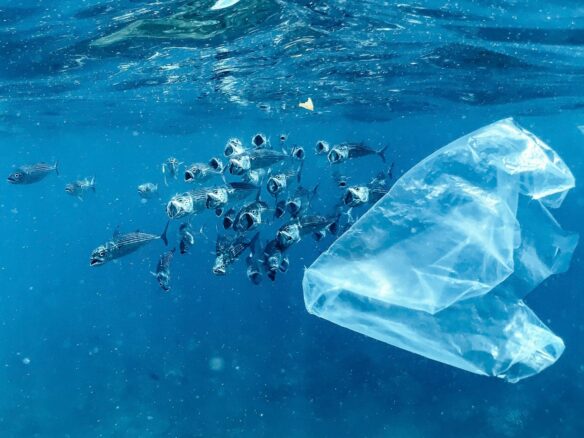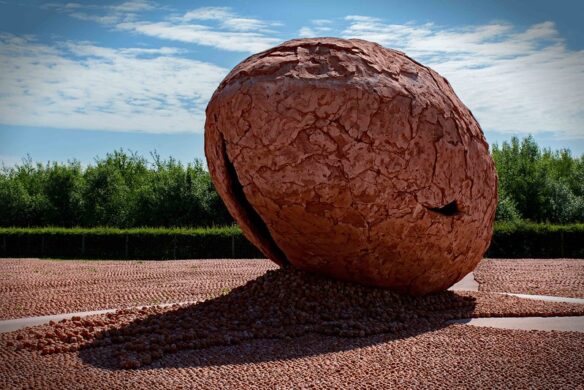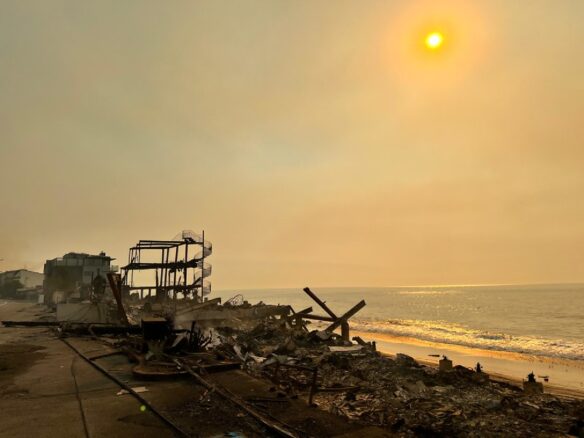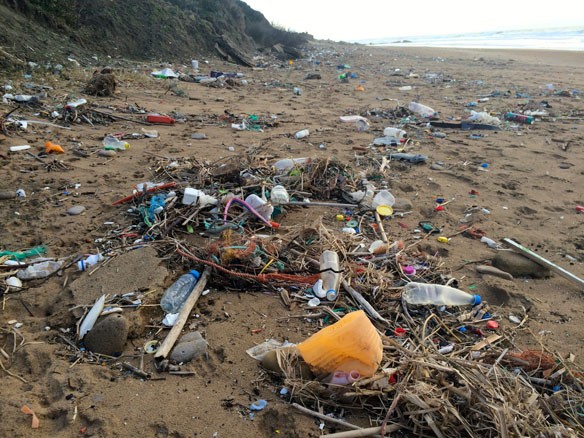
Plastic littered beach.
“When plastic ingestion occurs, it blocks the digestive tract, gets lodged in animals windpipes cutting airflow causing suffocation, or fills the stomach, resulting in malnutrition, starvation and potentially death. It is found that debris often accumulates in the animals’ gut and give a false sense of fullness, causing the animal to stop eating and slowly starve to death.” —Captions and Photograph: © SAF — Coastal Care
Excerpts;
A new global review that set out to investigate the hazards of marine plastic pollution has warned that all seven species of marine turtles can ingest or become entangled in the discarded debris that currently litters the oceans, and nesting beaches.
Beach litter may also entangle nesting females or trap emerging hatchlings, while potentially affecting turtle nests by altering temperature and changing the permeability of the sediment on nesting beaches…
Read Full Article, University of Exeter
The Plastic Found In a Single Turtle’s Stomach, Daily Mail (Uploaded 03-24-2011)
Rare Sea Turtles Eating Plastic At Record Rate; MNN (09-02-2013)
Global Impact of Debris on Marine Life Studied, (02-19-2015)
Nearly 700 species of marine animal have been recorded as having encountered humanmade debris such as plastic and glass according to the most comprehensive impact study in more than a decade…
Plastic Pollution / When The Mermaids Cry: The Great Plastic Tide, Coastal Care
“The unprecedented plastic waste tide plaguing our oceans and shores, can become as limited as our chosen relationship with plastics, which involves a dramatic behavioral change on our part…”

